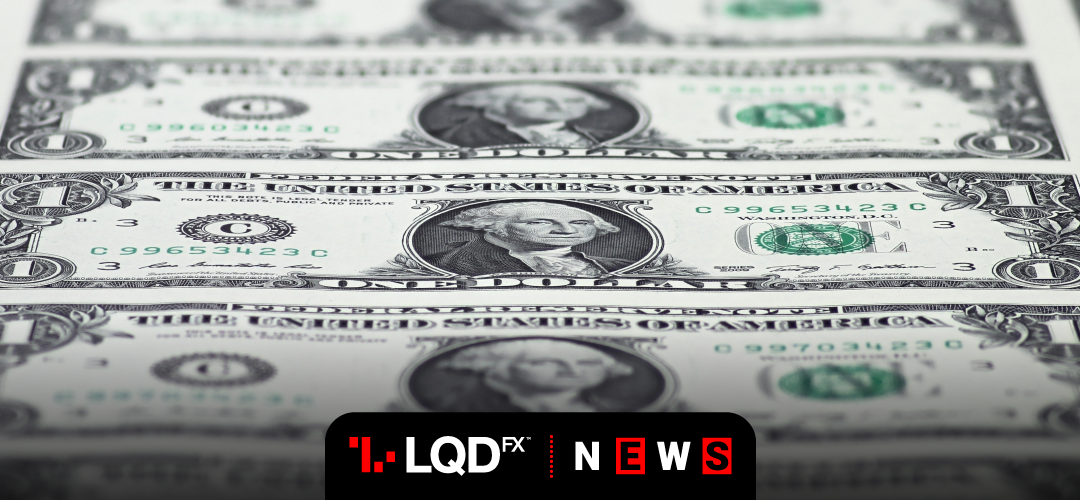Nerves over US jobs data outweighed a $2 trillion US stimulus package amid the coronavirus pandemic which was welcomed by investors.
The U.S. Senate on Wednesday backed the massive bill aimed at helping jobless workers and industries reeling from the disruption caused by the outbreak. The US stimulus package is heading for the House of Representatives for a vote on Friday.
Yet already questions flew over whether the bill would do enough to soften the disease’s economic hammer blow. Investors brace for a U.S. jobs report to show a huge spike in unemployment in the world’s biggest economy.
U.S. data showed an unprecedented surge in Americans filing for unemployment benefits, as businesses across the country shut down in an attempt to stem the spread of the coronavirus.
Further, the United States also opened the taps for short-term dollar funding. The Federal Reserve swapped dollars for foreign currencies with other major central banks.
Global markets have lost about a quarter of their value in the last six weeks of virus-driven selling. Investors struggle to work out how bad the coronavirus impact would be.
START TRADINGForex – US stimulus package VS US jobs
The growing sense of unease over the U.S. jobs figures also played out in currency markets.
The dollar lost 0.8% against a basket of six major currencies to 100.150 as its recent rally continued to lose steam.
Greenback also slumped 1.4% against the perceived safety of the Japanese yen, extending losses through the morning. It was last exchanging hands for 109.60 yen, a six-day low.
The euro gained to $1.0972, up 0.85% on the day and the highest since March 18.
The risk-sensitive Australian and New Zealand dollars, both closely linked to the global commodity trade, were rising against their U.S. counterpart. The Australian dollar jumped 1.31% to $0.6036.
The British pound sterling jumped 0.5% versus the dollar to $1.1932, as the Bank of England said it was prepared to take further action to limit the economic damage. Implied sterling-dollar volatility is down from last week’s long term peaks but remains high.
The sterling was flat against the euro at 91.60 pence.
Oil prices have slumped 60% since January to below $30 a barrel. Brent crude was or 1.7% at $26.70 per barrel on Wednesday as faltering fuel demand outweighed a massive pending US stimulus package.
PLEASE NOTE The information above is not investment advice.
Sources: Reuters, Investing, CNN money
